'No, you can’t win tickets for Radio 1’s Big Weekend festival by liking a Facebook page. It’s not true that there are free business-class flights being given away by Qantas Air. And no, TV show Total Wipeout isn’t bringing a tour to your local city. But all three are recent examples of convincing scams on Facebook where fraudsters pretending to be trusted brands have mocked up pages in search of likes, comments, shares and more from unwitting users.'
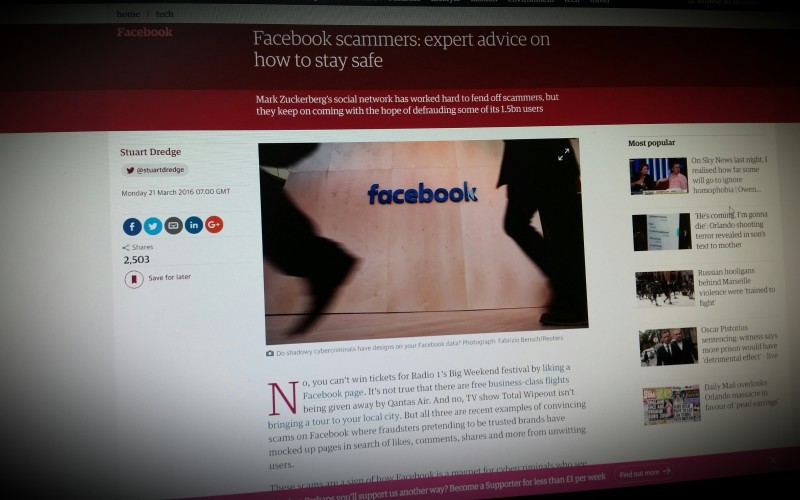
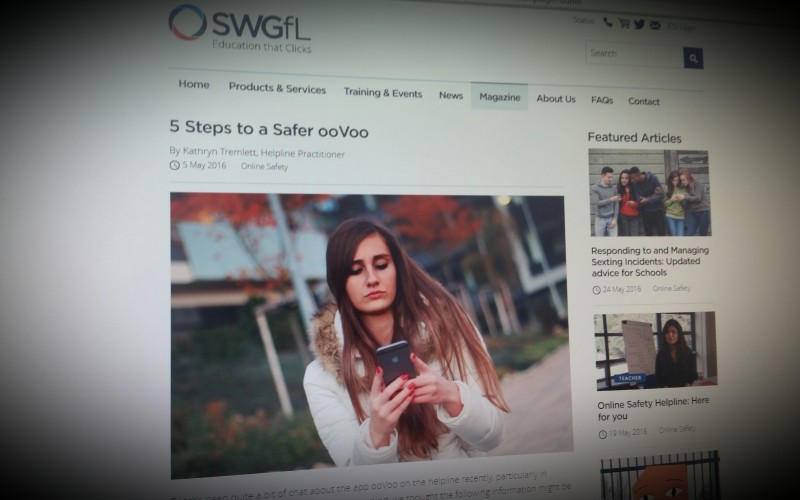
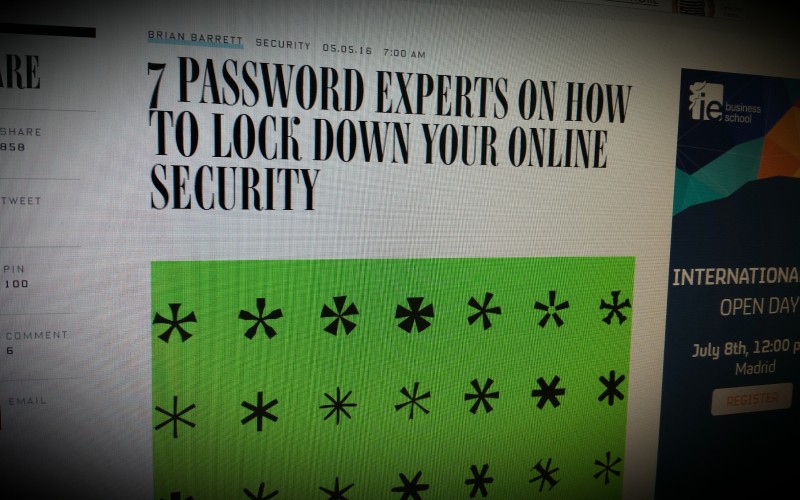
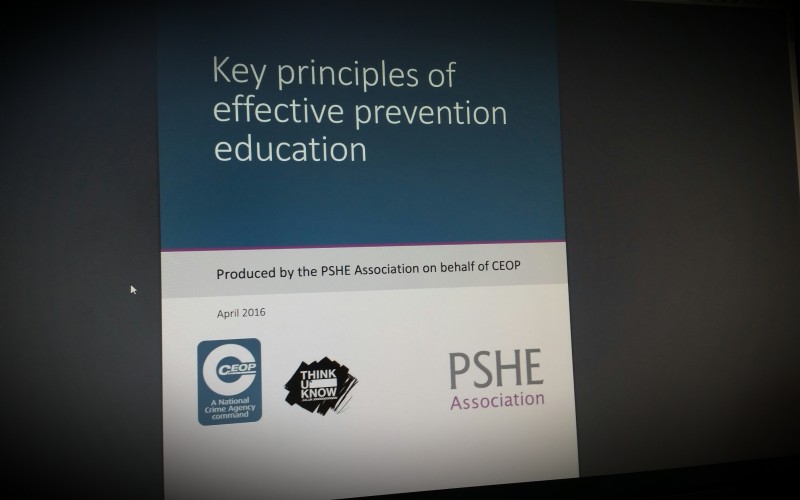
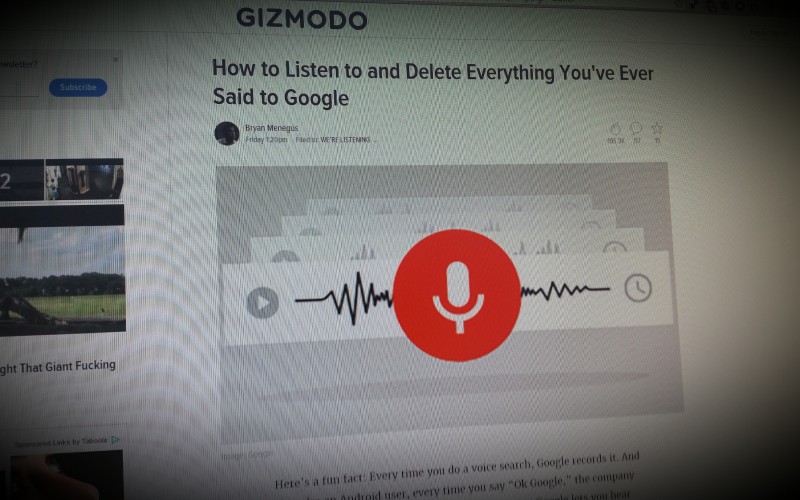
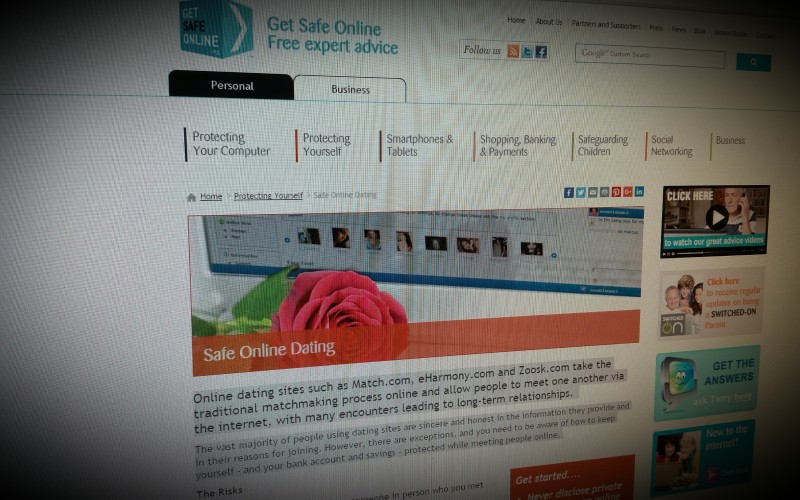
Comments
make a comment